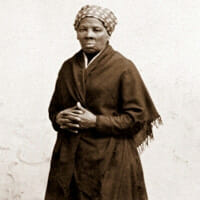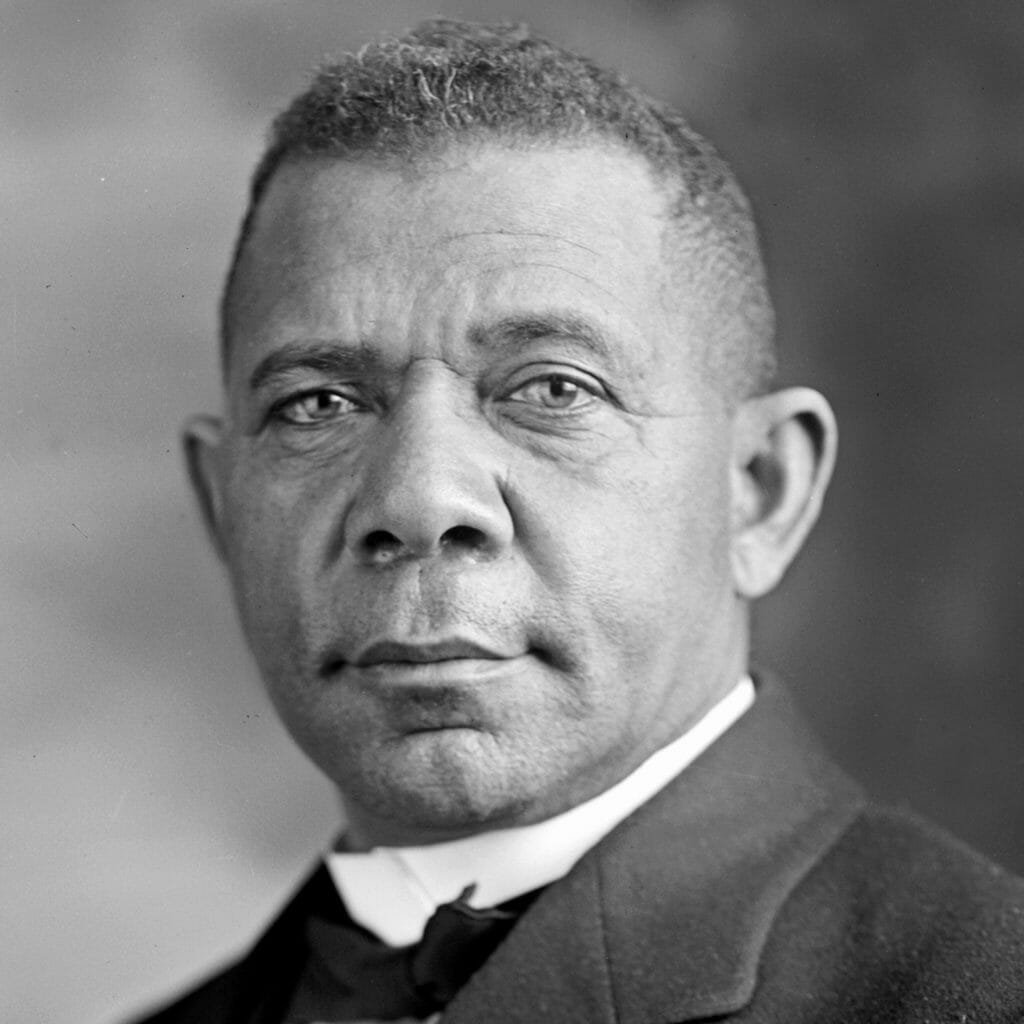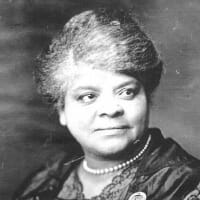Celebrating the Contributions of Extraordinary Black Changemakers

Famed orator and writer Fredrick Douglass was also a key architect of the movement that ended slavery, the very institution into which he was born. Even after his goal to abolish slavery was achieved, Douglass persisted in his struggle for equality, working in the women’s rights and civil rights movements to help set the stage for further landmark change in the United States.
Douglass is featured on the Points of Light Monument, a one-mile walkway in Washington, D.C., that honors the actions and service of famous Americans who have transformed our nation and the world. During Black History Month, we recognize and celebrate the significant contributions that African-Americans have made throughout our history, recognizing their achievements and the great economic, social and political issues these points of light dedicated their lives to. Learn about other influential African-Americans featured on the Monument:

Harriet Tubman escaped a life of slavery only to return south, at her own peril, time and again, to lead more than 300 fugitive slaves through the Underground Railroad to safety and freedom. After the Civil War, Tubman raised money to clothe and educate newly freed African-American children and established a home for and indigent African-Americans.

Booker T. Washington negotiated a course between accommodation and progress in advocating greater civil rights for blacks. His philosophy of “request” not “protest” allowed him to gain the respect of presidents and politicians. He believed education was a cornerstone for the advancement of blacks and his efforts to raise money for his beloved Tuskegee Institute helped secure its well-deserved reputation as a leading educational institution for African-Americans.

Ida Wells-Barnett crusaded aggressively for civil rights her entire life and was unafraid to exercise those rights when custom ran contrary to the law. Involved in many civil rights causes, she played leadership roles in the women’s suffrage movement and in the founding of the NAACP. Ida Wells-Barnett became the era’s most outspoken crusader for ending the practice of lynching African-Americans.

William Edward Burghardt (W.E.B) DuBois was one of the most influential black leaders of the 20th century, helping to form the Niagara Movement as a way to work for an end to segregation, discrimination and the denial of voting and civil rights. When Mary White Ovington called on civil rights activists to form the National Association for the Advancement of Colored People, he joined her as a principal founder in 1909.

In founding the Southern Christian Leadership Conference, Dr. Martin Luther King Jr. gave momentum to the civil rights movement. Dr. King’s persistent efforts, inspiring oratory and non-violent protests, despite physical attacks, death threats and retaliatory violence, brought America closer to his dream of equality for all.
These trailblazers were important leaders during some of our country’s most divisive time periods and influential social movements. Their work and dedication to improving life for marginalized communities, across both civil and women’s rights movements, has left a lasting imprint on the social fabric of our nation.
Learn about other extraordinary changemakers featured on the Points of Light Monument, and get involved with a cause you are passionate about in your area at All For Good.
